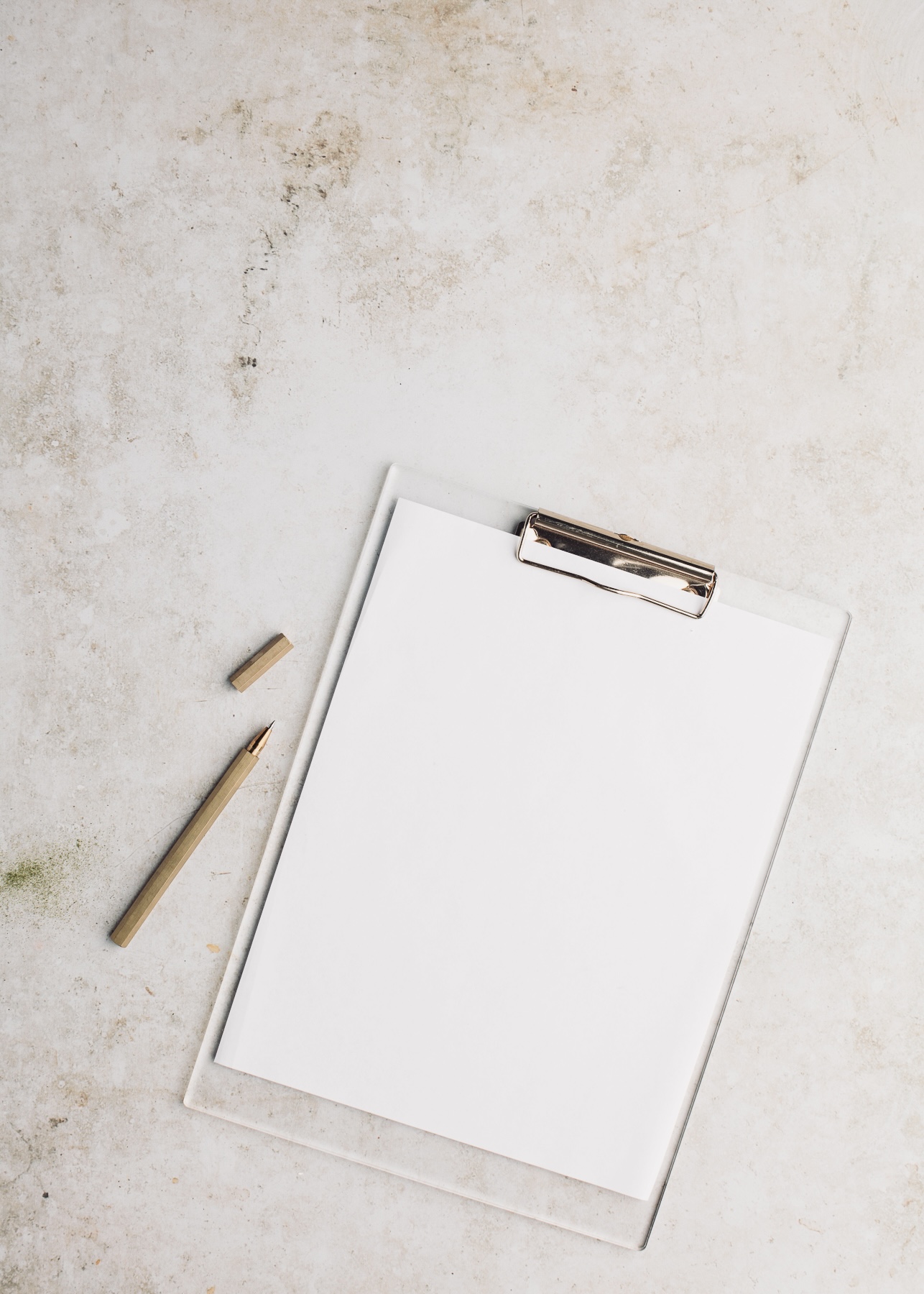“Forty hour work weeks are a relic of the Industrial Age. Knowledge workers function like athletes—train and sprint, then rest and reassess.”
-NAVAL RAVIKANT
Forty hour work weeks, which originated during the Industrial Age and were meant to protect manual workers from unfair labor conditions in factories, simply do not apply to today’s knowledge and thought, or creative workers.
Yet, despite there being studies that long working hours kill 745,000 people per year, most of us either don’t pay attention, are afraid to say ‘enough’ for fear of the consequences (whether real or imagined) or simply can’t seem to find a way to escape the constant pull to doing more, more, more—especially when it’s work we truly enjoy doing.
We know this firsthand, as we too had fallen victim to the difficulties of hyperconnectivity, brain fatigue, productivity culture, and the epidemics of perfectionism, workaholism, and anxiety they’d all fed into.
Many times, the heavy layers of expectations we’re under are ones we’ve covered ourselves with. Although that’s certainly not always the case as we consider non-Western cultures.
So where can we begin with peeling back the layers and understanding whether our work is driving our lives or if our lives are driving our work; and whether we’re truly happy, healthy, and able to contribute elsewhere based on the current balance?
Like many things in life, we believe it starts with critical self-awareness, personal responsibility, and being willing to identify and admit where a problem exists, as things must begin with the individual. After all, large corporations and governments are clearly made up of people, and rely on individuals who function as leaders to drive change.
Still, we’d also be remiss not to consider the staggering impact on the workplace, due to the global spread of COVID-19, beginning in 2020.
Endless Zoom calls, newfound at-home working conditions and all its challenges and distractions have given way to what Forbes considers “a new kind of burnout”.
Work has gone from 9 to 5 to 24/7. We feel the need to prove, to be available, and to deliver better work, faster; which leads to an inability to shut off, high levels of stress and anxiety, bouts of depression, and cycles of burnout.
It’s a harsh reality to face, despite so many of us deeply feeling the effects of an imbalanced work life.
We believe the story of our lives is written by how we spend our time—and that it’s not just our time, but how we use it to impact and better not only ourselves, but our communities, other cultures, and the planet as a whole. We are not powerless in the face of mounting work obligations, but powerful agents in recalibrating the culture of work as we know it.
In the spirit of attainability, here are a few things to consider as you seek to recalibrate, strengthen your sense of discernment and discipline, and clarify the purpose behind your vocational pursuits.
- Set limits for screen time, or simply turn off all devices for a full hour to replenish the brain
- Create a daily practice to be still, to meditate, and to quiet the noise between your ears
- Embrace a daily ritual like enjoying a glass of wine on the terrace, taking an afternoon stroll, playing board boards, cooking a meal, or hitting a bucket of balls
- Take a brief power nap, even when the deadline is looming, which can have a substantial impact on refreshed creativity and productivity.
- Curate a dedicated working space, whether a corner of the room, or a complete home office area, and delineate work and home space and hours, as best you can
- Prioritize the day’s top 3 tasks, and approach each of them one-at-a-time
- Start thoughtful discussions about mindfulness, mental well-being, and healthier working environments with your peers and leaders, and if you’re in a position of authority, reflect on the example you’re setting for those around you
- Discover a more human approach to “productivity” and learn why you get more done when you work less
- Reflect on your purpose and the meaning that’s woven into your work, and continue to refine how you envision your calling.
“Art, napping, cooking, gardening, exercise, meditation, music, and silent breaks are accessible to most, and can be among the analog solutions to balance technology exhaustion and brain fatigue.”
-DEEANNE CHOMIAK, PoL FOUNDER
Work is such a large part of our philosophy and a topic you’ll hear us discuss often. For more ways to explore how work is affecting your life – for better or worse – and how it also affects others, download The Recalibration Kit in the Leisure Library.

+ show Comments
- Hide Comments
add a comment